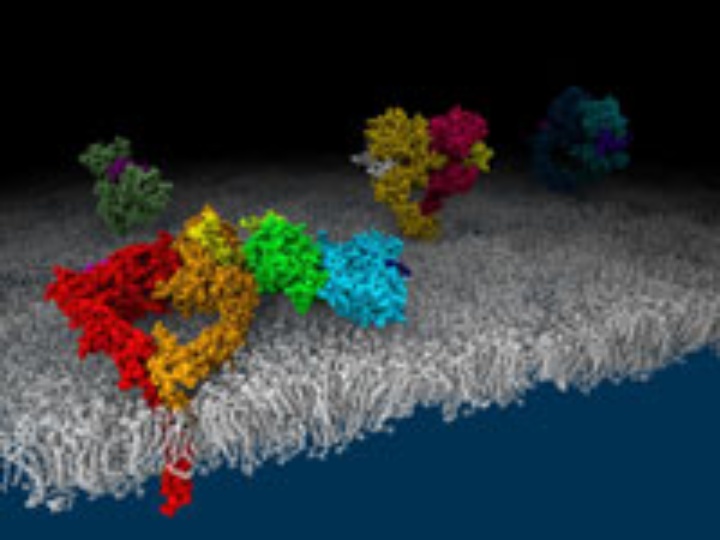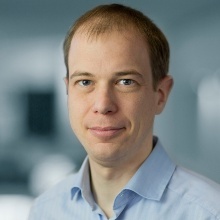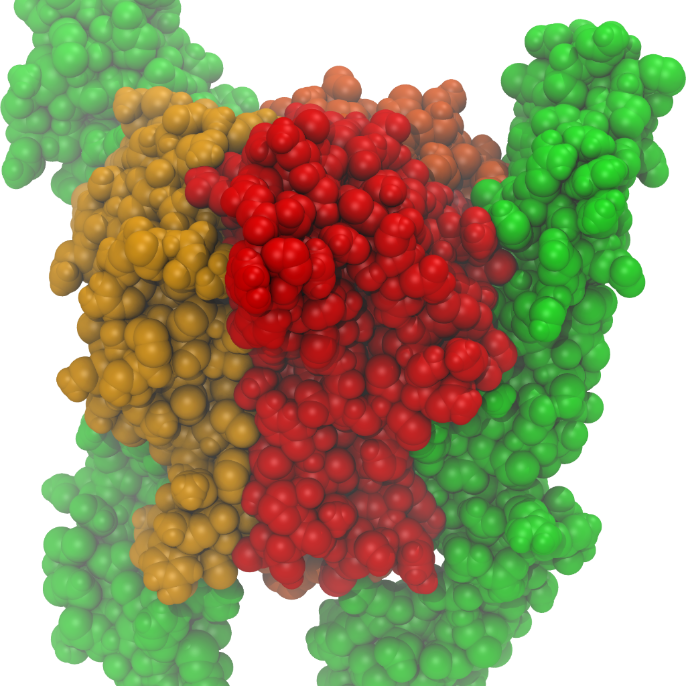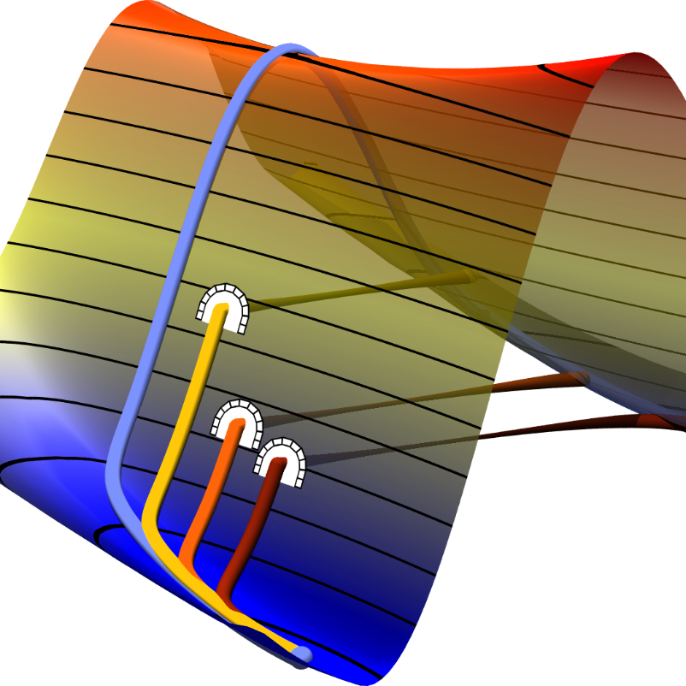Field of Work
Johannes Kästner's computational chemistry group uses computer simulations to investigate chemical and biochemical reactions. These include enzymes, biological receptors, but also astrochemistry, materials properties and catalysis. Quantum mechanics is used to describe electrons in atoms and molecules. Coupling to classical force fields permits the investigation of the effects of the molecular environment on reaction mechanisms. These results augment experimental data, leading to new insight into chemical processes.
In order to perform such investigations more efficiently and more accurately in the future, his group develops new methods for chemical simulations. These include theories to calculate atom tunneling rates, free-energy differences as well as optimization of chemical structures, possibly involving thousands of atoms. Their latest field is the use of machine learning techniques in computational chemistry.

Personal Information
Johannes Kästner was born in 1978 in Vienna, Austria. After studying chemistry at Vienna University of Technology he changed to theoretical physics at the Technical University of Clausthal for his PhD. He was a postdoctoral research associate at the Max Planck Institute for Coal Research and a staff scientist at Daresbury Lab in the UK. In 2008 he joined the University of Stuttgart, initially as a Junior-professor. In 2014 he received tenure and is now professor for computational chemistry. In 2012 he received the Hans G. A. Hellmann award for theoretical chemistry. Since 2015 Kaestner is recipient of an ERC Consolidator Grant for his work about chemical reactions in quantum mechanical tunneling.




